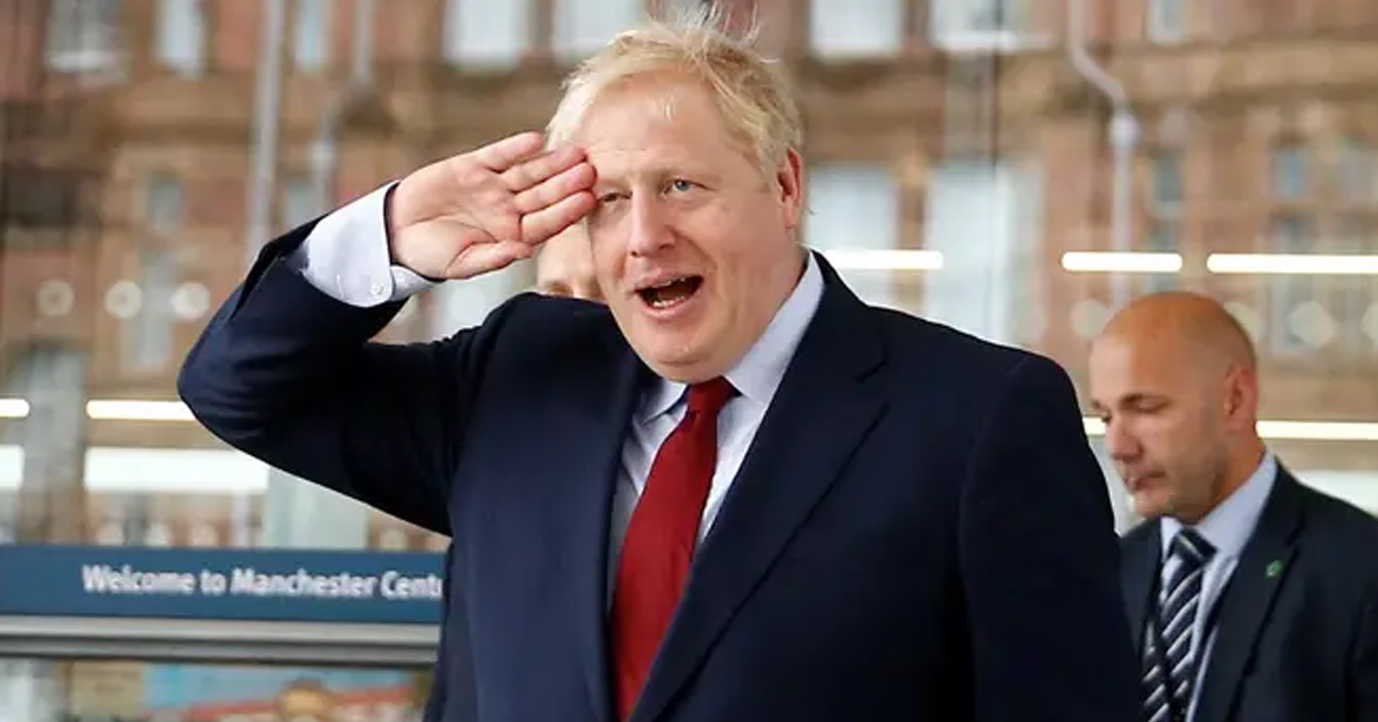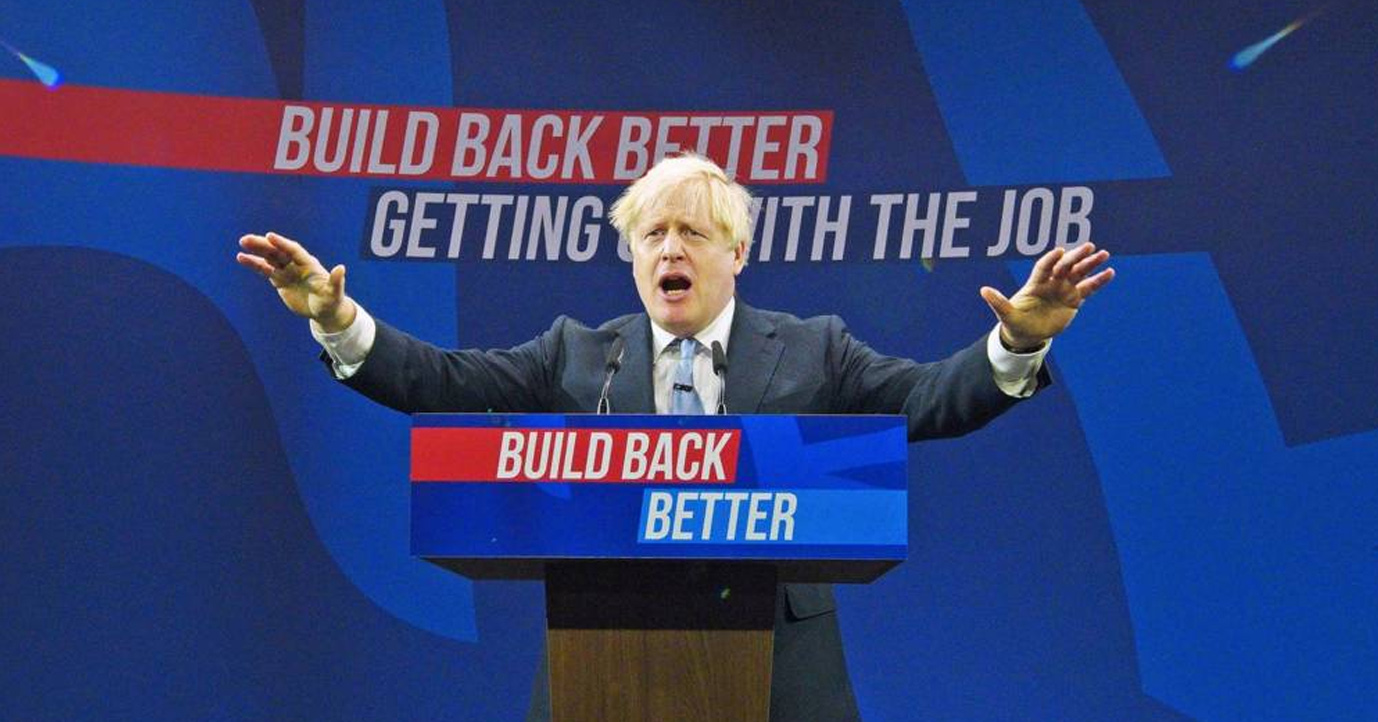
Forget the hysteria. Leaving the European Union would not put a bomb under the British economy or end Western political civilization as we know it. But nor would it mean another £350 million a week being spent on the NHS, and staying does not mean eighty million Turks will be arriving at Dover. For voters struggling to make sense of the referendum campaign, this sort of thing has hardly helped.
It was probably a mistake for the Remain campaign to go nuclear so early. Their claims that leaving the EU would be a catastrophe for Britain’s economy and security, and the lurid terms in which they were made, probably weakened their case rather than strengthened it. The approach undermined the campaign’s believability; as wavering voters in my final round of focus groups said last week, the warnings became “white noise”. A less frantic tone, arguing that the EU had plenty of faults but on balance we were better off in – rather than that calamity would ensue were we to leave – might have sounded more credible and, particularly from David Cameron, more convincing.
But I think the Leave campaign has missed a trick, too. Many leavers are not, shall we say, tremendous fans of the Prime Minister. They say that he failed in his renegotiation, complain about his treatment of colleagues, and talk of lining up a leadership challenge whatever the result of the referendum. But whatever your view of Cameron’s negotiating skills or the sincerity of his professed Euroscepticism, there is a wider point at stake which is, for me, the heart of the matter.
In the 1975 referendum, few who voted to endorse Britain’s membership of what they knew as the Common Market could have foreseen that it would, within forty years, comprise twenty-eight countries, nineteen of which would share a single currency. Still less, that citizens of all twenty-eight would have the automatic right to live and work in Britain, and that the institutions of what had become the European Union would be able to tell us what kind of vacuum cleaners we could buy (a trivial example of something rather more serious). Nor could they have known that within their lifetime, their Prime Minister would have to spend days and nights locked in a room with people nobody in the UK had elected asking their permission to change the rules on who was entitled to British welfare benefits.
It may be that the control Britain has already lost over its own affairs is a price worth paying for the benefits of EU membership. That is debatable enough. But, crucially, voting to remain does not mean voting to keep the status quo. The last forty years have shown that the European Union is not so much an organisation as a process. Tomorrow, voters need to judge not only the state of Britain’s relationship with the EU today, but what that relationship could look like in ten, twenty, forty years’ time.
The Remain campaign has been remarkably quiet when it comes to the evolution of the body to which it is so keen for Britain to pledge its future. This is not surprising, when you look at the EU’s own plans. Its priority is to sustain the ailing Eurozone. It wants to expand its budget, meaning the UK’s contributions would inevitably rise even higher. Whether or not Turkey joins in the foreseeable future – and it is our government’s policy to help it to do so – Albania, Montenegro, Macedonia and Serbia are lined up. Damaging new rules are already planned concerning ports, the art market, online television, electrical appliances and VAT. In their Five Presidents Report, published last June, European Commission president Jean-Claude Juncker and his senior colleagues propose more EU-level integration of labour markets, social security systems, company law and even property rights – not to mention a fiscal union, harmonising member states’ policies on taxes and public spending. A few weeks ago it emerged that Germany is planning, once our referendum is safely out of the way, to push for progress towards a European army – also a goal of Mr Juncker and others in Brussels.
The usual response to these ambitions is that Britain will be able to opt out, or even veto them altogether when the time comes. After all, we are now formally excused from the goal of ever closer union. But as we know from the EU’s history, small, incremental changes can add up over time to something more significant, and it takes huge resolve for a British government to resist the pressure from its fellow members – even a government that is minded to do so.
As I found in my Europe-wide research earlier this year, many voters throughout the continent echo British complaints about the EU. They grumble about silly rules and regulations imposed by people they did not vote for, and having to bail out profligate fellow members. But they often have an attachment to the union that few in Britain share, and are sometimes perplexed and affronted at British ambivalence towards the European project. Britain is not going to persuade its neighbours to recreate the EU as the trading bloc it thought it signed up to forty years ago. Most members have a different idea of what they want the union to be like, and there are more of them than there are of us.
And this is where the Leave campaign might usefully have co-opted David Cameron to their cause. Here (they could rightly say) was a Conservative government, with no appetite for further European integration, doing its best to secure some reforms that would help persuade British voters to stay in the EU – and even having scaled down their demands as the summit approached, it was not able to achieve all of what it wanted. (The same government, incidentally, that had wanted to reduce immigration, but had been unable to do so – not because it failed to try, but because EU rules made it impossible.)
What, then, will happen when Britain’s interests are being defended in Europe by a less persuasive PM than Cameron, without a looming referendum to use as leverage? Or, worse still, one who actually shares the integrationist agenda? At Maastricht in 1992, Sir John Major negotiated Britain’s opt-out from the Social Chapter and the euro; his successor, Tony Blair, eagerly adopted the first and would cheerfully have signed up to the second had his Chancellor not restrained him so heroically. To rely on opt-outs and vetoes to stop Britain being drawn into unwelcome further integration is to place a huge bet that our future leaders will have both the desire and the determination to keep us out of developments we do not like.
Of course leaving would create uncertainty; any worthwhile venture carries some risk. There will be new deals to negotiate and new relationships to form, and it may be rocky to start with. But when it comes to trade with EU partners, and other areas where cooperation is vital, pragmatism will surely win the day – and as I know from my own business career, there are plenty of opportunities outside Europe.
But most importantly of all, this is a decision for the long term future of the country. The question is not whether the world’s fifth largest economy could prosper outside the EU – of course it could – but whether we should tie ourselves to a union whose ambitions are so very different from our own. Maybe our future governments will be able to protect Britain from the worst of them. But why take the risk?


